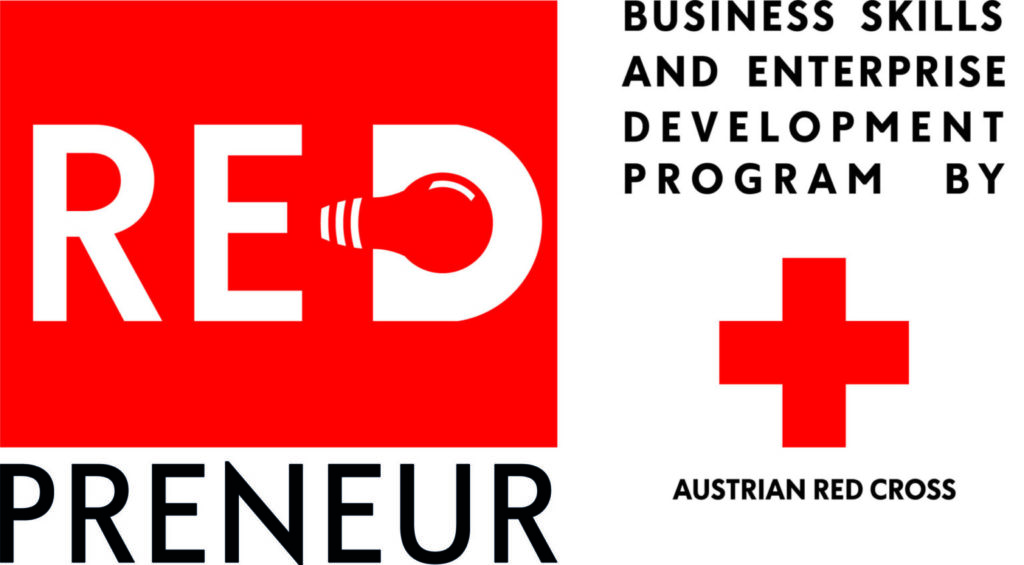
Description
REDpreneur is a sector-agnostic program that aims to support the development of business skills and impactful ventures for Red Cross and Red Crescent staff, intrapreneurs from local CSOs and local social entrepreneurs. The program is being piloted in the East and South East of Europe and in the South Caucasus region within the area of health and social services.
Context
The need for the REDpreneur program is based on demographic trends, structural and developmental changes as well as shifts in financing models of the public, non-profit and private sectors. It targets the regions of East and South East of Europe as well as the South Caucasus since the major drivers of change in the health and social service sectors can be observed there. For example, the growing ageing societies in these regions have put health and social services systems under increasing pressure to manage the rapidly increasing cost, the growth of income and the rise of the purchasing power, in a context where the development funding architecture is changing with the arrival of private and finance sectors as competitors of public institutions.
In this time of new opportunities, non-profit organisations have a unique chance to strengthen their operations in the health and social services sector to provide services to the population and anchor one pillar of their organisations’ mission in a sustainable market-driven business.
Technical details & Operations
In the activation phase, Red Cross and Red Crescent societies, CSOs and startups from the target region are invited to apply online to the program. Applications by teams of two persons from the target region with a business idea qualify for entering the venture track. Applications from individuals without business ideas from RC/RC societies, CSOs or startups (globally) will be reviewed and can enter the learner track. Through an online Training Academy, participants of both tracks develop fundamental skills and concepts in the field of impact enterprise, such as business modelling or financial planning. Joint focus on selected business cases through peer-to-peer learning allows participants to immerse in an applied training environment. The Training Academy is fully held online through a mix of webinars and individual coaching sessions. Participants require 3-5 hours per week to finish the course in 4-6 weeks. Ventures from non-target regions and all learners are required to pay a participation fee, mainly as demonstration of their commitment.
Venture teams with high potential business ideas and learners willing to deepen their knowledge even more (and able to travel to the workshops and pay a participation fee of 4500€) are admitted in the subsequent Master Class which allows participants to further develop and apply acquired skills through experimental learning, through three face-to-face workshops as well as online webinars and individual coaching sessions. In this way they get their financial and business plans of selected business ideas investment ready.
Deployment & Impact
REDpreneur was created by the Austrian Red Cross international cooperation department as a result of a yearlong dialogue with specialists to assess its opportunities in the impact investing field. While developing own or investing in financial products as well as incubating own ventures can be interesting options in the future, facilitating enterprise development was a natural match between our mandate in international cooperation and the priorities of our main back donor Austrian Development Agency.
REDpreneur is implemented in partnership with impact enterprise specialists with extensive experience in social enterprise incubation and acceleration which take over the training in business planning and financial planning while the technical expertise in health or first aid comes from the RC/RC Movement. REDpreneur helps National Societies to develop and incubate social enterprise business models that prioritize transformative social impact while striving for financial sustainability by generating revenues through a mix of funding. It shall enable them to be self-reliant and financially sustainable at least in one core activity, thus stronger in providing other types of humanitarian support needed in their country.





